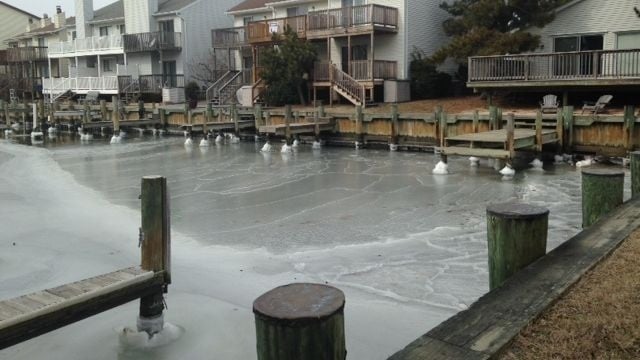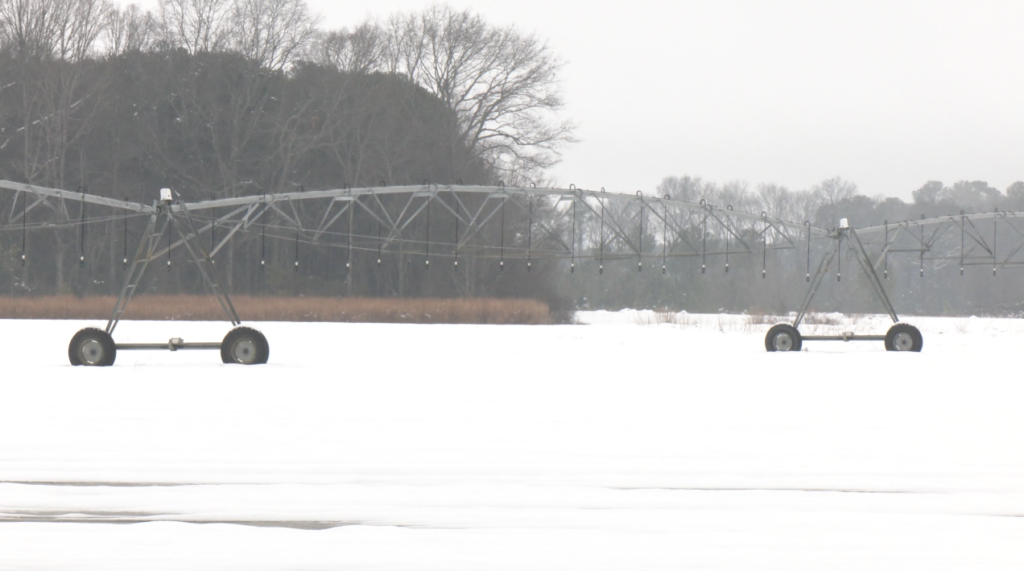Linguistics expert explains how accents are shaped by the shore
MARYLAND. – Come to the Eastern Shore of Maryland and you’ll find a diverse range of accents. Emphasis from other parts of the state, tones from different parts of the world, and inflection from those who’ve called the shore home their entire lives.
Take Everett Landon for example, a Somerset County native who’s picked up his drawl from living on Smith Island.
“I was born and raised right here on Smith Island, Rhodes Point,” Everett said. “My mom’s born and raised on Rhodes Point– she’s been living here her whole life. My dad was actually born and raised on Tangier, so when they got married, they built their home on Rhodes Point and I come along, and I was here ever since.”
Or Joseph Ruark Jr., for instance, a waterman who inherited his accent from his relatives.
“I was born in Cambridge, Maryland in 1966,” Joseph said. “Everybody say I talk like my grandfather… they say he used to mumble a lot. People say I talk too fast, I think you listen too slow.”
Mark Miciotto adopted his articulation form his adoptive parents.
“I was born in Washington DC in 1957. I had two parents, one was in the military, one just didn’t want to have kids, so we wound up in an orphanage. Two people got us out to the orphanage and brought us down to Salisbury, Maryland,” Mark said.
Their unique way of talking is what intrigues many, including Julie Howard, a linguistics expert from Dorchester County.
“My PhD work encompasses not just languages that are represented throughout the Eastern Shore and the greater United States, of course, such as English, Spanish, Haitian Creole, etc., but there’s also been a focus in my studies on particular dialects,” Julie said.
WMDT wanted to learn what separates shore accents from others found across the US. After listening to Mark, Joseph and Everett, Julie said she found a distinctive pattern.
“I’ve noticed a degree of leveling, in other words, what was once distinctive dialects from, for instance, Dorchester to Somerset, you still see that to a degree. But there is, like I said, leveling,” Julie said.
But there are differences, too. Each interviewee pronounced various words: water, wash, calm boat.
“I did notice the intrusive “R” with “warsh”, and the shifting in the word “boat” from “Oa” to an “Oo” sound,” Julie said.
“If everyone in your community speaks the same way, you go to school together, you are in the same kind of environment socially, you have similar types of jobs for economic purposes, what have you, you don’t have the exposure to other dialects, and that’s what we see in these really rural island communities,” she added.
Everett is actively working to preserve the dialects of Smith Island through his tour company, Experience Smith Island. You can book tours to the island on their website.


